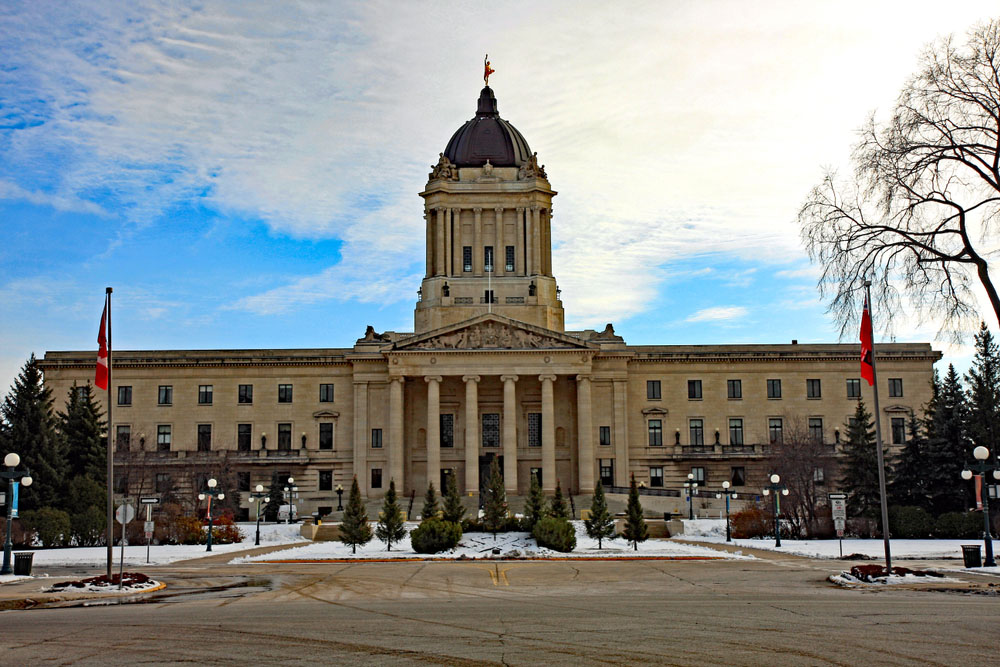By Lynne Fernandez

Never has a provincial budget become so out-of-date so fast. In many ways, it’s just as well. Budget 2020 brought in tax cuts that were highly questionable at the best of times and which would have made the current situation far worse. Once lowered, taxes are extremely difficult to raise, hampering our ability to pay back the deficit spending the government must urgently provide.
Rather than decisive action, the COVID-19 Emergency Supplement gave the government a platform to pat itself on the back over its record, including its investment in the Fiscal Stabilization Fund. This might make our balance sheet look better, but it won’t help with immediate needs. Out of the four points the briefing offered on resiliency, the help coming from the federal government constituted the only concrete move we could take to the bank.
What a difference a week makes. The Premier finally acknowledged on Thursday that spending will have to rise to meet ever-growing needs and that the PST cut and provincial carbon levy will not happen until next year. For all this government’s bravado around slaying the deficit it has had to learn the same hard lesson as the last government did during the 2011 flood: increasing deficits massively is sometimes necessary. What is not clear is how deep a plunge he is willing to take without help from the federal government to broker lower interest rates.
There is a long list of new realities the premier needs to adjust to. Manitoba’s most vulnerable, who so far have received little attention, need to be moved to the top of that list. So far the help coming from the federal government is directed at people who are currently housed and who have lost wages. Those working on the front line with the homeless or women escaping violence are worried about how they will meet escalating needs at the same time we have reduce services to protect staff and the people we serve. Ensuring that homeless people are fed and can shower becomes much more difficult when everyone has to practice social distancing and facilities have to be disinfected with each use.
Winnipeg Harvest’s donations are down 80% and by April it is expecting a 30% increase in demand. Stores which normally provide donations now have little surplus to donate as paying customers are emptying shelves. Drop off points have been closed as volunteers, many of them seniors, have to stay home. Organizations like the West End Women’s Resource Centre have become drop off points, but food bank users are now restricted to one package/month, down from two.
It is just a matter of time before COVID-19 spreads through the homeless community and puts added strain on what could become an overwhelmed healthcare system. The capacity of shelters to accommodate people is constrained by social distancing requirements, leaving many with no place to go. Talks with the province to house people in empty hotels are apparently in process; we urge the premier to prioritize action to protect this vulnerable population.
As if the pandemic were not enough to deal with, we have to also be prepared for spring flooding. If, as often happens, First Nation communities have to evacuate, where will people be housed? If Manitoba’s cities have to deal with an influx of people from First Nations as well as their own homeless population, will more funds be available from the federal government?
The premier has promised massive support for our healthcare system, and that support will be greatly needed. The government’s heavy-handed healthcare reforms wreaked havoc in our hospitals, making the challenge considerable. It is not clear if emergency funding will be able to backfill those resources now they are required. Healthcare professionals are already stretched to the limit. Some, maybe many, will fall ill.
Where will we get the excess beds and equipment we will need if the situation escalates? If they have to be ordered, how will the ‘just in time’ supply chain respond given the global impact of the virus? In a worse-case scenario, such as that in Italy, gut-wrenching decisions have to be made: who gets medical attention, and who doesn’t?
Despite finally acknowledging how dire the situation is, this government is still calling on the corporate and charitable sectors to help. While the newly app to get volunteers to help is not a bad thing in itself, it distracts us from the heavy lifting we really need. Is spending $4.5 million for a private-sector firm to deliver on-line cognitive behavioural therapy the best use of scarce resources? How much of this money ends up in share-holders’ wallets, rather than helping the community?
Now more than ever we see the huge social deficit in healthcare and social housing left by years of shrinking public services and tax cuts. We hope that this reality also hits home, and that there is an unrestrained government response that begins to right this wrong.
Lynne Fernandez holds the Errol Black Chair in Labour Issues at the Canadian Centre for Policy Alternative, MB.


